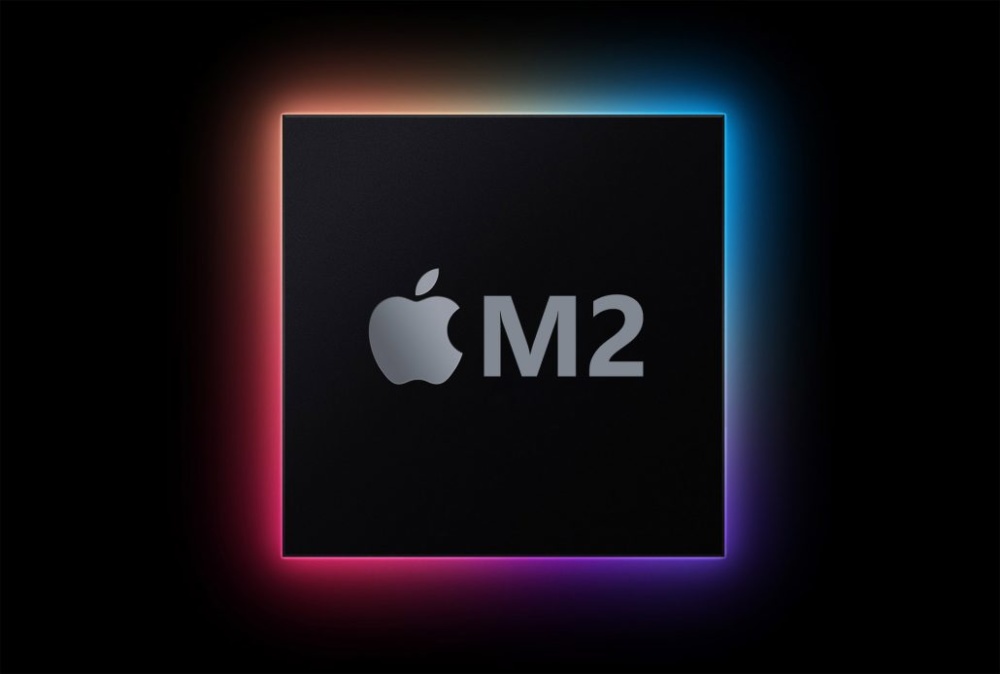The supply chain sources claim that the M2 Macbook Pro will be launched in March this year.
It is said that the M2 MacBook Pro will be the entry-level model which will replace the existing M1 MacBook pro. It was previously reported that a new updated version will be launched in November, however, according to the new information, Apple will unveil its portable Mac in March. Most of the parts in the new MacBook pro are expected to remain the same as the previous Generation One, apart from the M2 chipset.
Digitimes published a paywalled report which says that the M2 MacBook pro is expected to launch in March, the same month in which Apple will reportedly unveil the low cost iPhone SE 5G and iPad Air 5. From sources, it was previously reported that Apple will hold an event on March 8, so there is a chance that the updated MacBook Pro will be a part of the announcements made at it.
“Apple reportedly will release a spate of new devices in early March, including new MacBook Pro adopting the latest M2 processor, budget-level 5G iPhone SE and iPad, the sources said. Except for the processor, most other components used in the new MacBook Pro reportedly will feature almost the same specs as those for the existing model featuring M1 chips, leading MacBook Pro supply chain partners to maintain production during the week-long Lunar New Year holiday to satisfy increasing demand for Mac series, the sources continued.”
The report interestingly mentions that Apple silicon was supposed to get refreshed every 18 months. If the report is true, M1 which hit the market in Q4,2020, the M2 would be launched in the second half of this year. Redesigned MacBook Air with M2 chip will seemingly undergo mass production in the third quarter of this year, which means that it will be launched in Q4.
As far as the M2 itself is concerned, it may feature 8CPU cores with the possibility of allowing buyers to have an option of configuring it up to a 10-core GPU.
Via Macrumors




